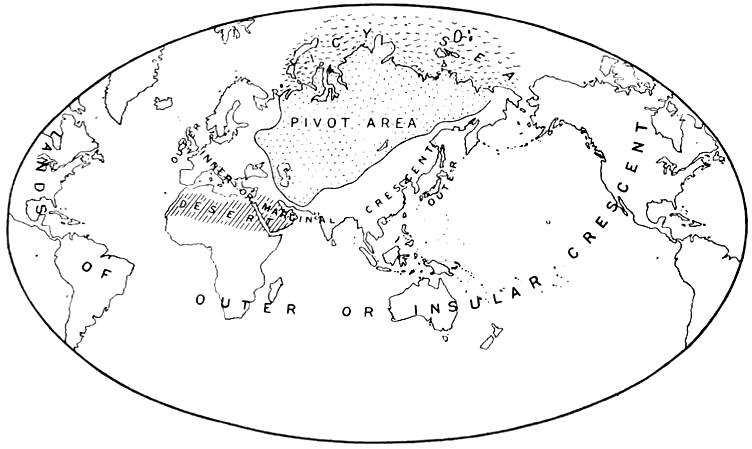I asked some ardent modernists the following:
What is the Scriptural basis for arguing that the original source texts are more authoritative than present copies, and what in Scripture-based doctrine indicates any specific divine sanction to Greek or Hebrew MSS?
The answer? Basically, they say, it is because the science of textual criticism says so, that the Scripture doesn’t say anything about textual criticism/transmission and that the science is valid because after all, the Bible fails to address elements of things like evolution, Einstein’s special relativity, etc.
My response to these kind of folks is as follows:
You are, incidentally, confirming that this debate is between an Enlightenment-based philosophy versus a Biblical doctrine interpretation of Scripture. That is, the debate is between reasoning as though the Scripture says nothing on Biblical transmission versus an interpretation of Scripture where many such references are identified.
I can also understand how people can then start from some point out of the Scripture, and arrive at all kinds of views such as evolution, Einsteinian special relativity, etc., which are thoroughly un- and anti-Biblical. I do not want to say it belligerently, but I think your side’s modern bible textual criticism view falls into that category, alongside the unbelief of higher criticism.
The foundational issue is to then question why do I see references to the Reformation, perfection of the KJB, nature of transmission of the Bible, etc., in Scripture, while you do not interpret so. I think it is because of a vastly different hermeneutical presupposition.
Continue reading →


